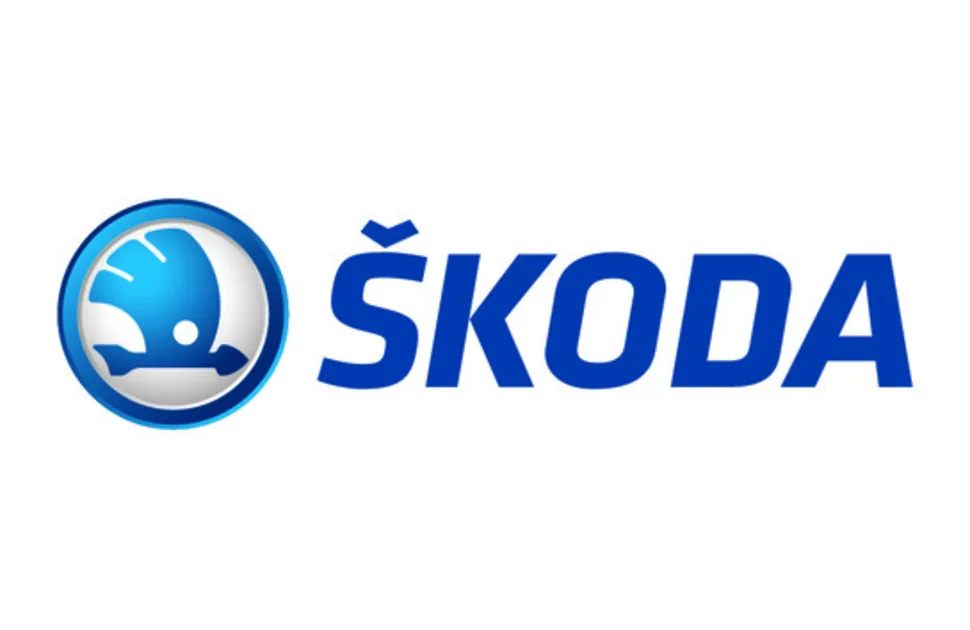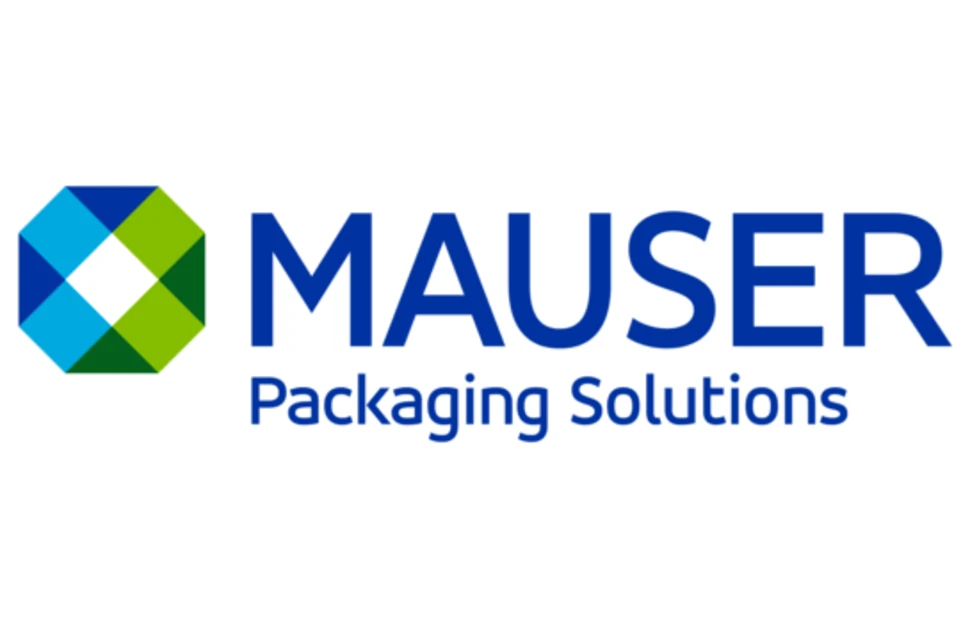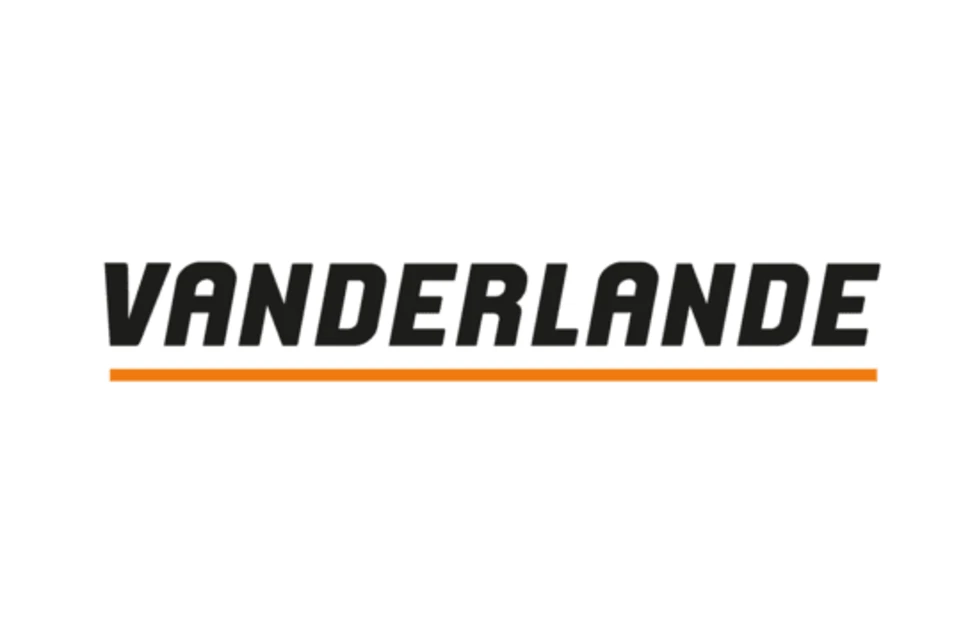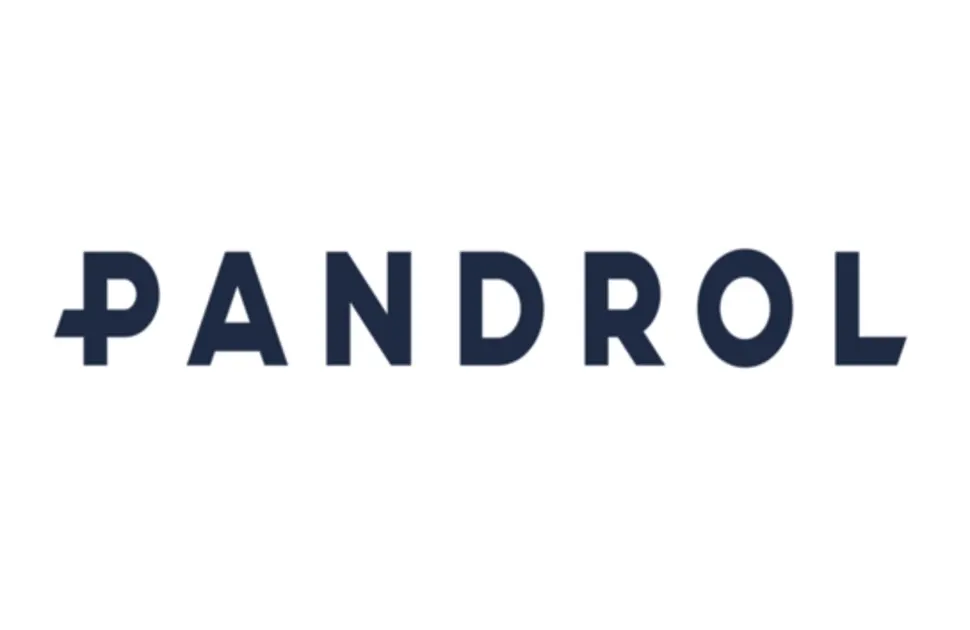Three-fold increase of UK HRC import quota proposed
The UK’s Trade Remedies Authority (TRA) has proposed that the steel import quota for hot rolled coil and sheets is increased in response to Tata Steel UK’s temporary production outages in Port Talbot.
A TRA announcement said that the proposed increase of the volume of imported steel permitted under the Category 1 steel – or non-alloy and other alloy hot rolled flat sheets and strips category – from under one million tonnes to 2.9 million tonnes per year was required due to “changes in circumstance” in UK domestic production.
Tata Steel UK, the main producer of carbon flat steel products in the UK, has already closed one of its two blast furnaces at Port Talbot, South Wales, ahead of its transition to low emissions steelmaking using an electric arc furnace (EAF). Its second Port Talbot blast furnace will be decommissioned in September.
In making its recommendations, the TRA is also proposing to split the affected quota into Category 1A and Category 1B segments. Category 1A will be reserved for commercial applications and remains around the level of the current Category 1 quota. A newly introduced Category 1B will be set aside for downstream processing into other products and will be 89% higher than 1A, at around 1.9 million tonnes per year.
The TRA’s announcement said that the Category 1B quota would be “allocated on a global basis to allow companies to establish reliable supply chains for domestic processing, along with a cap in the range of 37-42% to ensure no single country’s exports dominate this new quota”.
Tata Steel uses hot rolled steel produced at Port Talbot to make other steel products like cold rolled coil, coated steel and tubular steel. However, during its planned transition to EAF-based steel production the company will import the material required to produce these products, mainly from the Netherlands and India.
Larger volumes of imported material have resulted in the residual Category 1 quota limits being regularly exhausted. TRA investigations discovered that the allowance was fully utilised every quarter between April 2023 and March 2024. Material imported which does not fall within the quota attracts a duty of 25%, significantly increasing the cost for UK importers and, in some cases, has resulted in buyers being unable to source the material they need.
Oliver Griffiths, chief executive of the TRA, said: “Our proposal today is designed to deal with the reduction in production of hot rolled flat steel at Port Talbot. These changes have resulted in higher imports and parts of the current quota being exhausted, creating uncertainty and driving up costs for steel users.”
Tata Steel UK has stated all the material it will import will be used for downstream processing, so imported material would be allocated to the Category 1B quota.
A consultation has now opened on the TRA’s proposed revisions to the steel import quota. The TRA has invited market participants to comment on the suggested proposals, with an August 19 deadline for feedback.
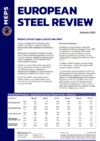
Source:
European Steel Review
The MEPS European Steel Review is an informative, concise and easy-to-use monthly publication, offering unique professional insight into European carbon steel prices.
Go to productRequest a free publication
